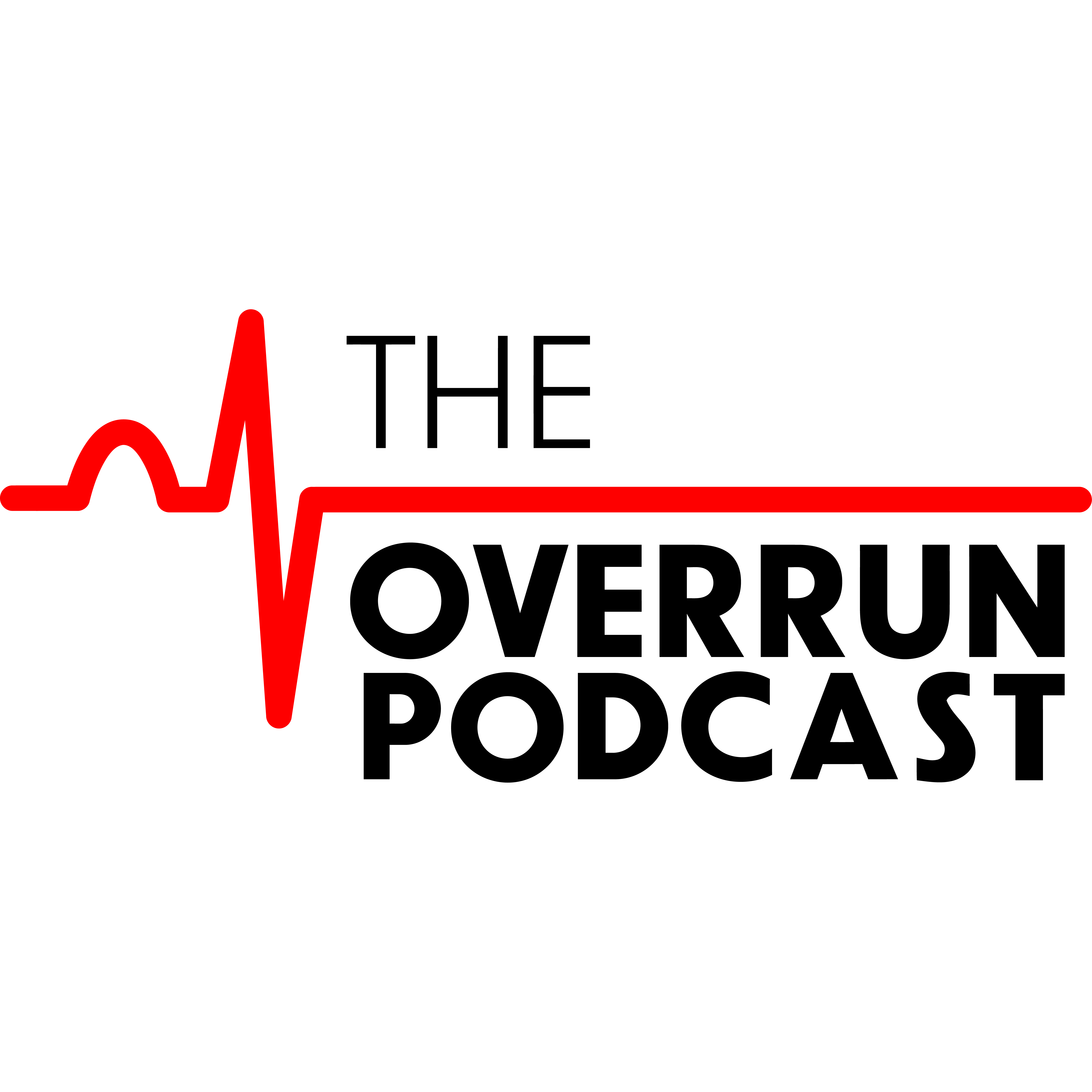
Episode 96: Freedom House and Resilience with Chief John Moon
We had an amazing talk with Chief John Moon, (ret) of Pittsburgh EMS and Freedom House Ambulance, one of the first paramedics in the United States.
If you don’t know the story of Freedom House, you should. Before Seattle, Miami, and yes, even Squad 51, Freedom House was providing bleeding-edge care to the citizens of the Hill and greater Pittsburgh, in a world where they were not regarded as equals in emergency services or healthcare.
February 20, 2023
No Comments

Episode 95: Haney Mallemat and Medicine in Social Media
Dr. Haney Mallemat (@criticalcarenow) joins Dan to discuss how social media can influence medicine and how recent medical events have shined a light on CPR and bleeding control.
In a matter of a few days, the world was shocked to hear that actor Jeremy Renner had been traumatically injured while on vacation in Nevada and Buffalo Bills player Damar Hamlin experienced a cardiac arrest on the field. These two tragic events have shown the world, albeit briefly, how important early CPR and bleeding control are to survival.
January 7, 2023
No Comments
